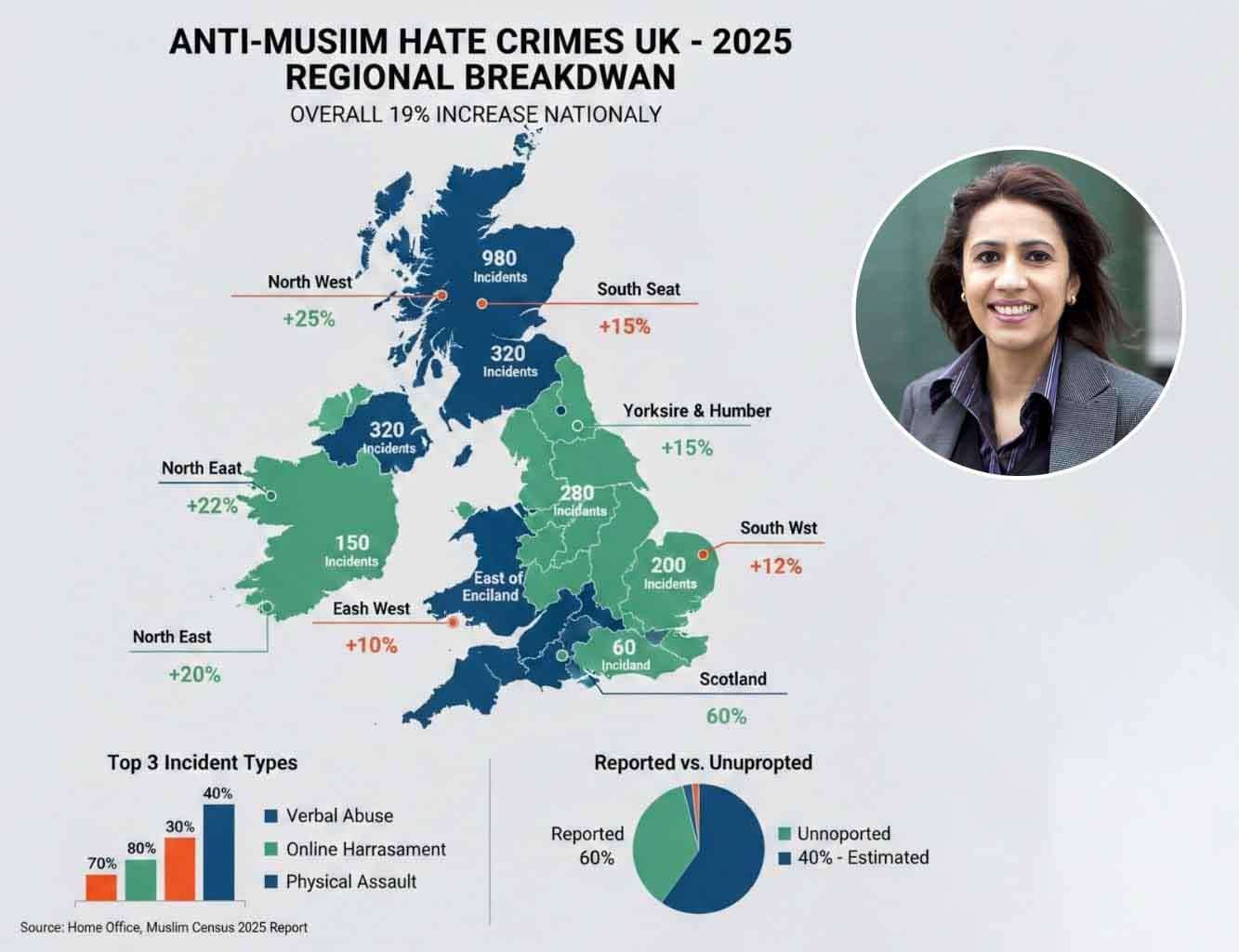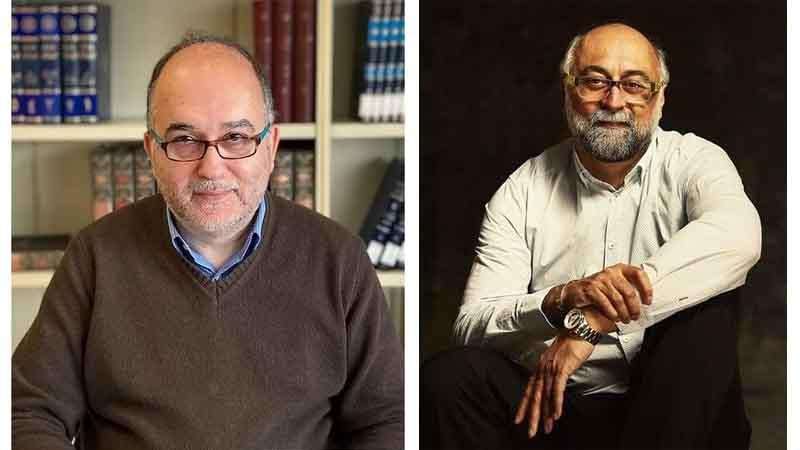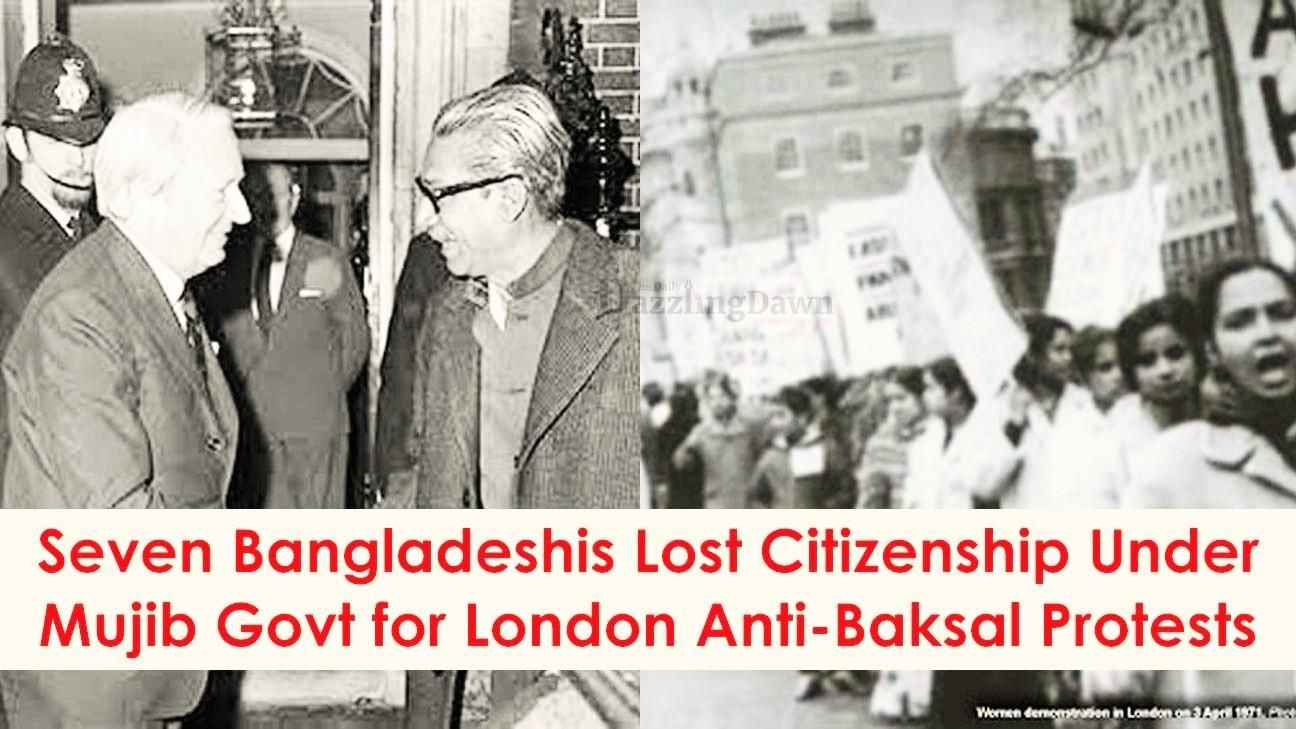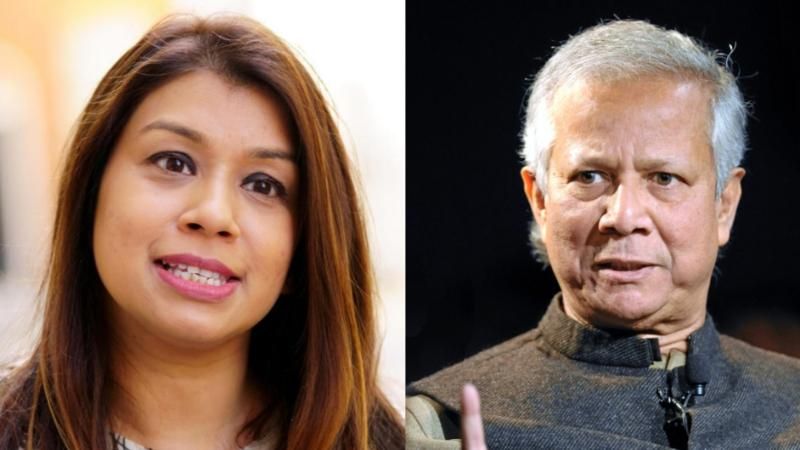When contacted by the Daily Dazzling Dawn, Dr. Renu Luthfa, a writer and journalist who has lived in Britain for over four decades, confirmed the veracity of these events.
It's important to note that the introduction of a one-party system by Bangladesh's founding president, Sheikh Mujibur Rahman, remains one of his most debated actions. This system, known as BAKSAL, was established on January 25, 1975, through the Fourth Amendment to the country's constitution. This amendment abolished the multi-party parliamentary government and introduced a presidential system.
With the passage of the bill, Prime Minister Sheikh Mujibur Rahman became president. The Fourth Amendment Bill was passed in an unprecedentedly short period (just 11 minutes) without any discussion or debate in Parliament, despite its profound implications. Through this bill, Sheikh Mujibur Rahman, as president, gained full control over the country's executive, legislative, and judicial branches, bringing about an unprecedented change in the administration.
British Bangladeshis have made unforgettable contributions at every turn of Bangladesh's history, from the great Language Movement of 1952, the mass uprising of 1969, and the glorious Liberation War of 1971, to the protests against the assassinations of Bangabandhu Sheikh Mujib in 1975 and later of Shaheed President Ziaur Rahman.








.svg)


